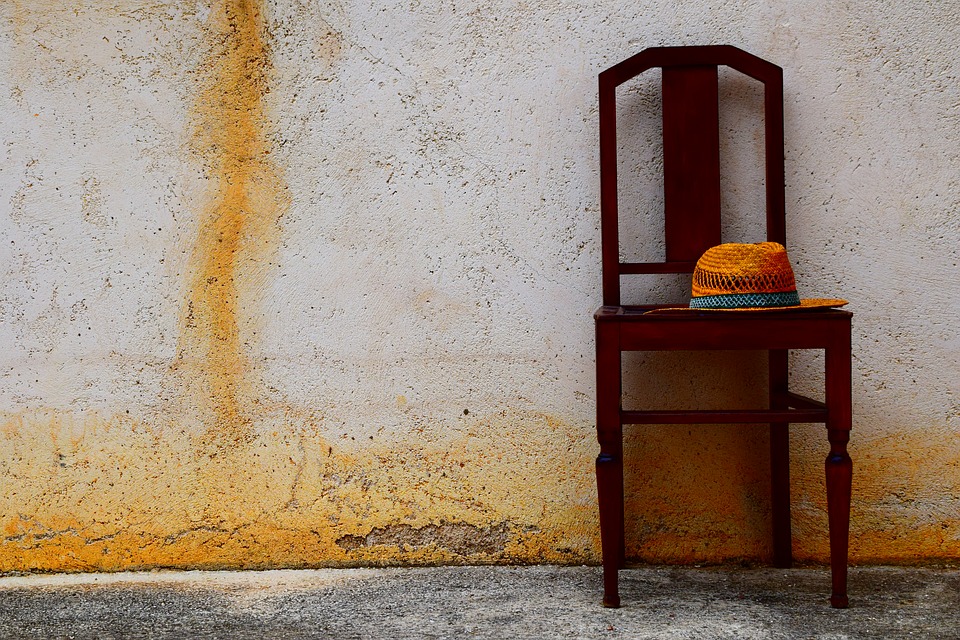Death, Anger, and Forgiveness

Paperwork a Funeral Home or Cremation Provider will Need from You
August 20, 2018
The Differences Between Various Types of Funeral and Memorial Services
September 5, 2018
Life is complicated. Death is complicated. Living after the death of someone you love is incredibly complicated. Even if there was time to “prepare,” a person can still find themselves overwhelmed and confused by all the complex emotions they experience. Quite often, however, death itself comes as a surprise. When that happens your grief may be compounded by the fact that you had unfinished business with the person who has passed. The people that we love are the people that have the power to hurt us the most. You may even find yourself actually angry with them for what they did or did not do, and never had a chance for resolution. It can be a very strange tension to simultaneously feel such strong grief and also unresolved anger.
A longtime friend with whom you had a falling out because they hurt you deeply. A sibling that you loved but also fought with constantly. A family member that was so toxic that you had to protect yourself from them and limit contact. A parent that was never the parent you wanted or needed them to be. Someone who wronged you repeatedly but never told you, “I’m sorry.” With each of these situations there comes an additional layer of emotion that complicates our grief process. It wasn’t fair. It wasn’t your fault. People are human and flawed and sometimes hurt us
So what do we do when we lose someone in such a situation? How do we manage our conflicting emotions? The answer is not an easy one, but the first step is that you indeed try and work through them. Ignoring and burying negative feelings does not make them go away, but can actually intensify them. Feelings will come out one way or another, and recovery becomes more complicated by delaying the process.
One of the ways that you can cope with your feelings is to talk about them. It is okay to acknowledge that you are angry. Being angry at someone who has died does not make you a bad person. However it is also important to be cautious with the way you discuss those emotions, and with whom. Be sensitive to the fact that others may also be grieving, and may be experiencing different emotions than you are. When the loss is new they may not be in a place to understand your anger and hurt. Instead it may help in such a situation to talk to someone outside the situation. Writing a letter to them to vent your feelings and process your thoughts can also help. .
To find closure you may need to go to the memorial service or burial. Conversely, you may need to skip the proceedings and observe in your own way. If you do attend then that is likely not the appropriate time to talk about your conflict with the deceased. Doing so could upset those in attendance and takes the focus away from the task at hand. A eulogy is also not the appropriate place to discuss grievances and air dirty laundry, but instead should be a comfort. You don’t have to lie, but there are diplomatic ways of stating truths or skirting sensitive issues.
As we continue through the grieving process be patient with yourself. It takes time to work through complicated feelings. There is also no one way to feel. You may find you are not sad. You may find you are sad for what you never had. Whatever emotion you experience is valid.
The most important thing to do when we experience conflict and loss is practice forgiveness. You may think they don’t deserve it, but the forgiveness isn’t actually for them. It’s for you, to help release the weight that you carry. Bitterness and resentment can weigh us down, and binds us to that which we hate. We are the ones that are harmed by not releasing anger, not them. Letting go of those feelings frees us to experience healing. Of course this can also take time, and a lot of practice.
Once we acknowledge and release our hurt and anger it can help to focus on the positive, if there was any. Sometimes regret can obscure our vision of our blessings. Thinking about the good times can help you receive some comfort. Also, look at all the love you still have around you and soak it in.
None of these suggestions are easy, and they all take time and effort. What matters is that your are intentional about working through your feelings. If you do that I hope that one day you find that you have begun, at least a little bit, to heal.
Let us forgive each other – only then will we live in peace.” ~Leo Tolstoy
~~~~~~~~~~~~~~~~~~~~~~~~~~~~~~~~~~~~~~~~~~~~~~~~
Jennifer Roberts Bittner
Certified Celebrant/ Life Tribute Specialist
Morrissett Funeral and Cremation Service
6500 Iron Bridge Rd.
N. Chesterfield, VA 23234
(804) 275-7828



